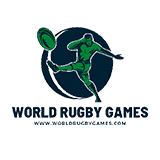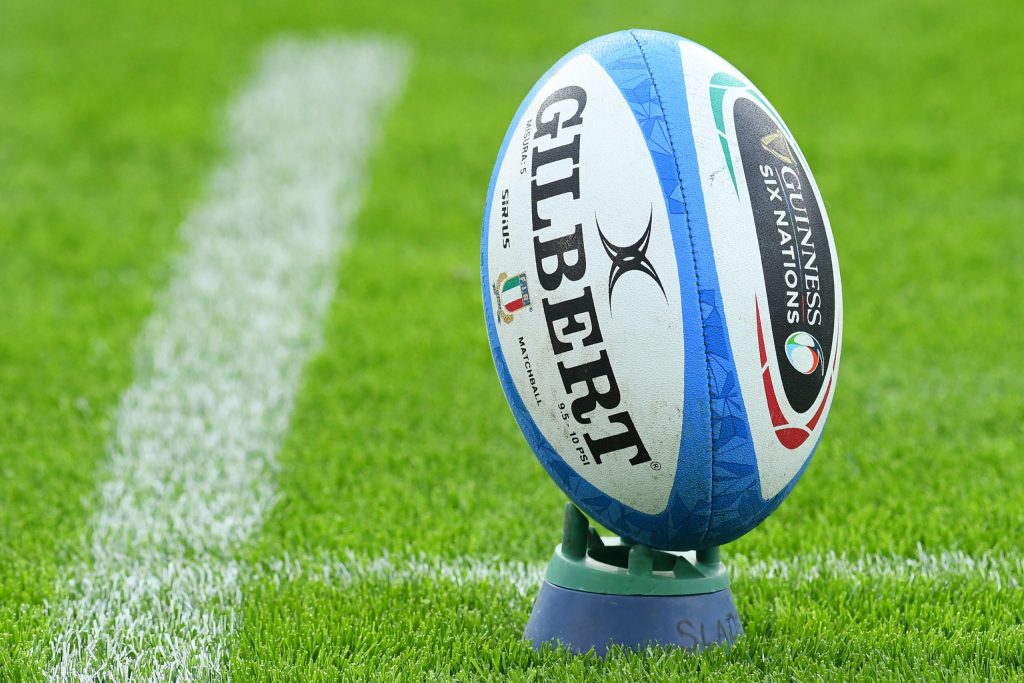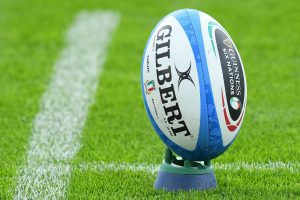From 1 July, the majority of players diagnosed with a concussion are set to miss their next match. It follows the latest review of scientific evidence and rugby-specific research by World Rugby’s 17-strong independent concussion working group. Currently, a player can play a week after a failed head injury assessment if they pass return-to-play protocols.
Elite players will face an increased minimum period of 12 days out of action following concussions in a change to protocol announced by World Rugby.
“The evolved approach will see players with a history of concussion or who are removed from a match with obvious concussion symptoms, sit out from play for a minimum of 12 days, likely missing their next competitive match,” World Rugby said.
“No player will return earlier than the seventh day after injury, and any player’s return will need to be approved by an independent concussion consultant.”
The procedure will be in place for overseas Tests next month that feature teams like England, Wales, Scotland and Ireland.
World Rugby’s chief medical officer Eanna Falvey said the changes would require “a new mindset for coaches and players”.
“Our approach means it is now overwhelmingly likely a player diagnosed with a concussion won’t play in their team’s next match,” she said.
“World Rugby firmly believes that scientific evidence supports our protocols, but we are continually monitoring and testing them to ensure that they are fit for the modern game.
“We recognise that there are differences in concussion symptoms and concussion history, and this process enables us to further protect elite players by individualising their rehabilitation.”
“It also keeps in place all the benefits of the previous protocols, which have been so successful in beginning to tackle under-reporting of symptoms which evidence shows that, while improving, remains an issue.”
Last year, former All Black prop Carl Hayman joined in legal action against World Rugby after being diagnosed with early-onset dementia.
Hayman and his fellow claimants, including England Steve Thompson – say World Rugby and England’s Rugby Football Union failed to protect them from the risks of concussions and sub-concussions, forcing them to take the field when they were unfit to do so.
The laws will provide some leeway for players with no history of concussion and exhibit no on-field symptoms, who could return in seven days if they pass the requisite tests.
A player is determined to have a history of a concussion if they have had a concussion diagnosis in the previous three months, three concussions diagnosed over the last 12 months, been diagnosed with five concussions in their career or taken longer than 21 days to recover from a previous concussion.






